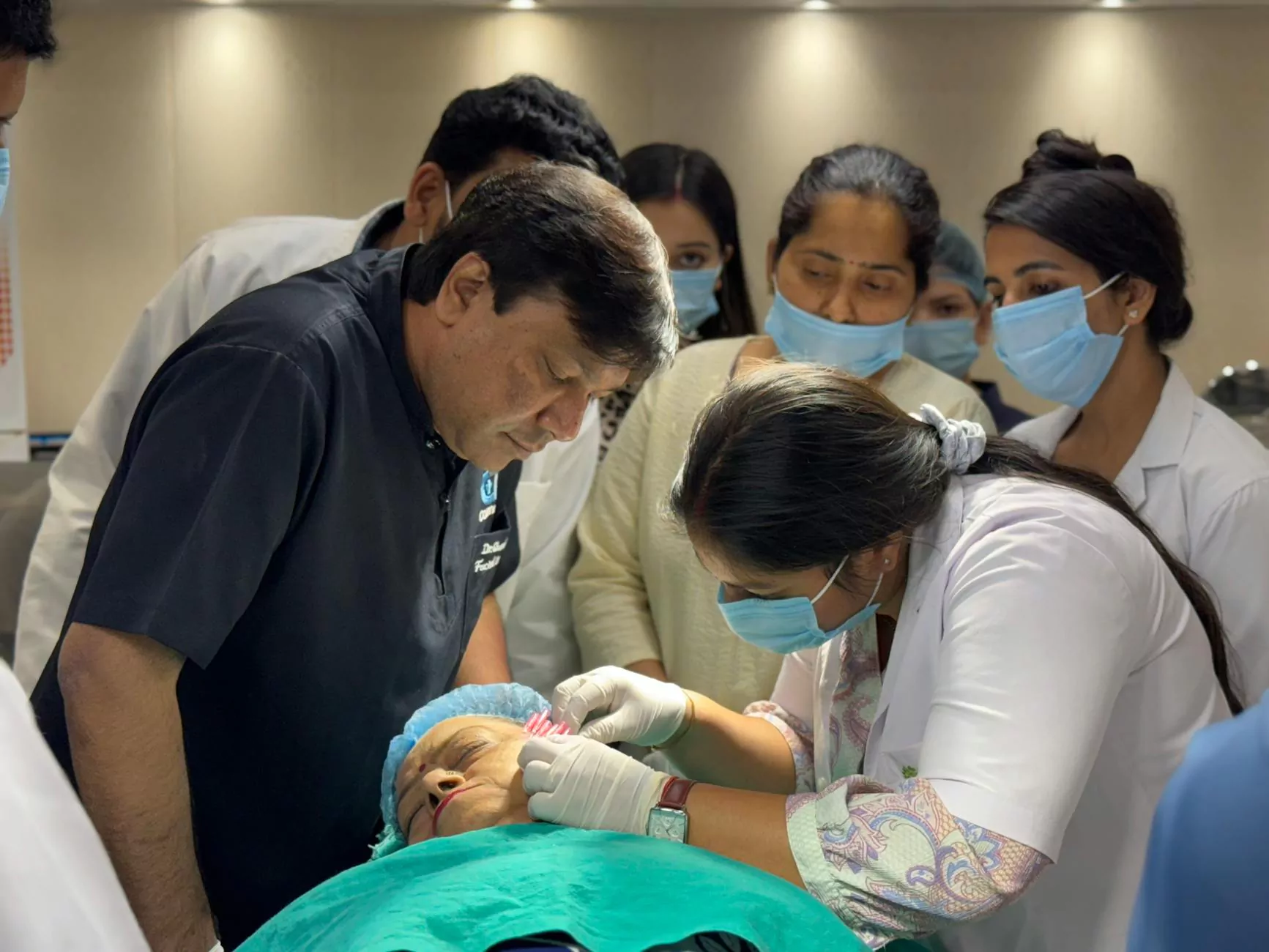Comprehensive Guide to Choosing and Benefiting from a Top-Rated Oncology Treatment Center

In today’s rapidly advancing medical landscape, the importance of specialized oncology treatment centers cannot be overstated. These centers serve as beacons of hope, innovation, and compassionate care for millions of individuals diagnosed with various types of cancer. Whether you are seeking initial diagnosis, cutting-edge therapies, or ongoing support, choosing the right oncology treatment center is a vital step toward effective management and recovery.
Why a Specialized Oncology Treatment Center Is Essential for Cancer Care
Managing cancer requires a multidisciplinary approach that involves complex diagnostics, precise treatment modalities, multidisciplinary collaboration, and emotional support. General hospitals often lack the specialized equipment and expertise necessary for optimal cancer care. In contrast, oncology treatment centers are dedicated facilities equipped with the latest technology and staffed by healthcare professionals who specialize exclusively in cancer treatment.
Key Benefits of an Oncology Treatment Center
- Expert Care from Multidisciplinary Teams: Medical oncologists, surgical oncologists, radiation therapists, radiologists, pathologists, and supportive care specialists work together seamlessly.
- Access to Cutting-Edge Technologies: Facilities are equipped with advanced imaging, minimally invasive surgical tools, and innovative treatment options such as immunotherapy and targeted therapies.
- Personalized Treatment Plans: Every patient receives a customized approach tailored to their specific cancer type, stage, and overall health.
- Supportive and Palliative Care: Holistic care that considers physical, emotional, and psychological needs, ensuring a better quality of life during treatment.
- Research and Clinical Trials: Opportunities to access promising new therapies through ongoing clinical research, often unavailable at general hospitals.
Understanding the Role of an Oncology Treatment Center
An oncology treatment center functions as a comprehensive hub for diagnosing, treating, and supporting patients with all types of cancer, including lung, breast, prostate, colorectal, ovarian, and rare malignancies. These centers incorporate state-of-the-art laboratories, advanced imaging modalities, and treatment units designed specifically for oncology care.
Components of a Premier Oncology Treatment Center
1. Diagnostic Excellence
Accurate diagnosis is crucial for effective treatment. High-quality oncology treatment centers utilize advanced imaging technologies such as MRI, PET, and CT scans, along with molecular diagnostics and biopsy techniques, to precisely identify the type and extent of cancer.
2. Innovative Treatment Modalities
From traditional surgery and chemotherapy to cutting-edge options like targeted therapy, immunotherapy, and proton beam therapy, these centers are at the forefront of cancer treatment innovation. The goal is to maximize efficacy while minimizing side effects.
3. Multidisciplinary Patient Care
Teamwork is at the core of excellent cancer care. Multidisciplinary teams create integrated treatment plans, monitor progress meticulously, and adapt strategies dynamically to improve patient outcomes.
4. Support and Palliative Services
Caring for the whole person is essential. Support services including counseling, nutritional guidance, pain management, and survivorship programs are vital components of comprehensive oncology care.
Key Features That Set an Oncology Treatment Center Apart
1. Cutting-Edge Technology and Equipment
Availability of the latest technologies such as robotic surgical systems, stereotactic radiosurgery, and molecular imaging enhances precision, reduces recovery times, and improves success rates.
2. Highly Specialized Medical Teams
Expertise in oncology is indispensable. Certified specialists with extensive experience ensure that each patient receives evidence-based, personalized treatment protocols aligned with current best practices.
3. Participating in Clinical Research
Leading centers are actively involved in clinical trials, providing patients with access to new therapies that might offer better outcomes compared to standard treatments.
4. Patient-Centered Approach
From initial consultation to post-treatment follow-up, the focus remains on patient comfort, education, and empowerment. Support groups, counseling, and survivorship planning foster resilience and hope.
How to Choose the Best Oncology Treatment Center for You
Selecting the appropriate facility is a critical decision in your cancer journey. Here are essential factors to consider:
- Accreditation and Certification: Ensure the center is accredited by reputable healthcare organizations, demonstrating adherence to high standards of care.
- Expertise and Experience: Look into the specialization, research involvement, and success rates of the healthcare professionals.
- Availability of Advanced Technologies: Check if the center offers the latest treatment options and diagnostic tools.
- Patient Support Services: Availability of holistic support, counseling, nutrition, and survivorship programs.
- Location and Accessibility: Choose a center that is accessible for ongoing treatment and support, especially if long-term care is needed.
- Patient Testimonials and Reviews: Read feedback from other patients to gauge the quality of care and patient satisfaction.
Future Trends in Oncology Treatment and How Centers Are Adapting
The field of oncology is continuously evolving, with emerging innovations promising to transform patient outcomes. Some future trends include:
- Personalized Medicine: Genomic profiling enables tailored treatments targeting the unique genetic makeup of individual tumors.
- Immunotherapy Advancements: Expanding options to boost the immune system’s ability to fight cancer more effectively.
- Artificial Intelligence: AI-driven diagnostics and treatment planning improve accuracy and efficiency.
- Liquid Biopsies: Non-invasive testing methods for early detection, monitoring treatment response, and detecting recurrence.
- Minimally Invasive Surgical Techniques: Reduced recovery times, less discomfort, and better cosmetic outcomes.
Leading oncology treatment centers are investing heavily in these innovations, ensuring their patients benefit from the latest scientific breakthroughs and comprehensive care models.
Conclusion: Making an Informed Choice for Your Cancer Care
Choosing a reputable oncology treatment center is a critical step in the journey toward overcoming cancer. The right center offers a combination of advanced technology, experienced specialists, personalized treatment plans, and compassionate support. By prioritizing these factors, patients can significantly improve their prognosis, quality of life, and overall treatment experience.
Remember, cancer treatment is not just about medicine; it's about holistic care that addresses the physical, emotional, and psychological needs of each individual. With the right oncology treatment center, hope, healing, and new possibilities become a tangible reality.
About oncologicalsurgery.net
As a leading resource dedicated to providing exceptional oncology care, oncologicalsurgery.net offers comprehensive information on state-of-the-art treatments, expert medical teams, and patient-focused services. Our mission is to guide and support individuals and families navigating the complex terrain of cancer care, ensuring access to the best possible outcomes and quality of life.
Contact us today to learn more about our advanced oncology treatments and how we can assist you on your path to recovery.









